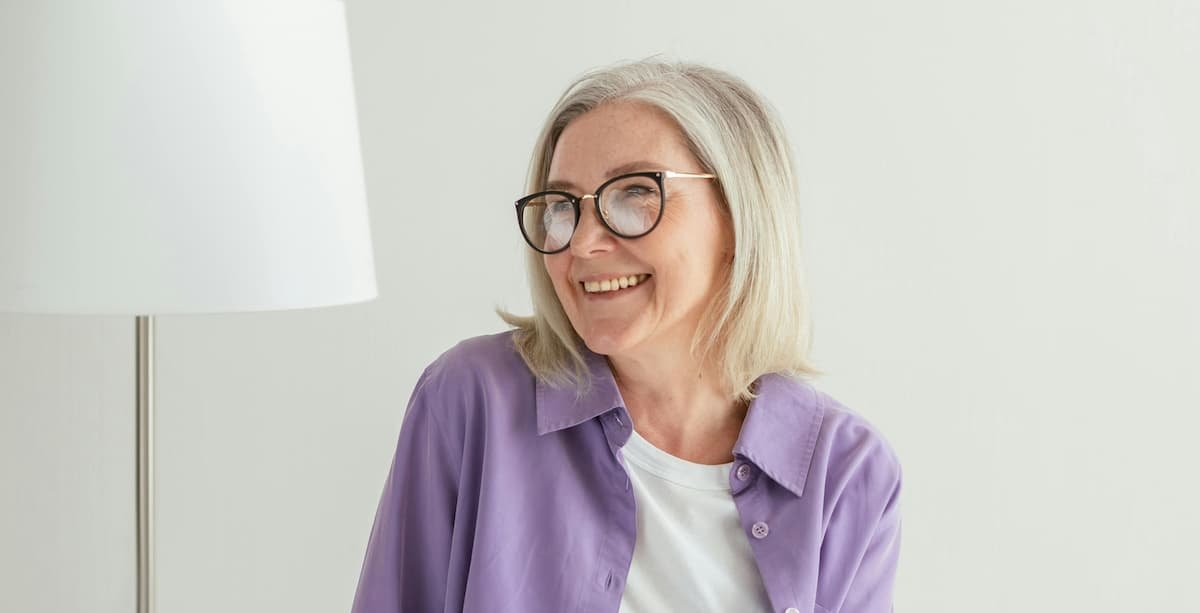نُشرت الدراسة في مجلة تقدمات في الصحة النفسية، وشملت استطلاعًا لـ777 طالبًا في كليات المجتمع عبر 15 ولاية أمريكية. من بينهم، أبلغ 363 عن مشاكل نفسية كبيرة خلال الأشهر الستة الماضية، وفقًا لأداة فحص نفسي معتمدة. من هذه المجموعة، لجأ أقل من النصف للاستشارة، بينما اعتمد الأغلبية على التشخيص الذاتي عبر وسائل التواصل دون طلب مساعدة متخصصة. يُظهر هذا الانقسام فجوة بين الوعي الرقمي والإجراء الواقعي، مما يطرح تساؤلات حول دور المنصات الرقمية في تشكيل نتائج الصحة النفسية.
أصبحت وسائل التواصل سلاحًا ذا حدين للشباب. من ناحية، توفر إحساسًا بالانتماء والتأييد، خاصة للمجموعات المهمشة التي تجد تمثيلًا ودعمًا عبر الإنترنت. ومن ناحية أخرى، تنتشر فيها المعلومات المضللة، حيث تظهر دراسات أن كثيرًا من المحتوى النفسي الذي ينشره غير المتخصصين يفتقر إلى الدقة. وجد الباحثون أن رغم تفاعل الطلاب مع هذا المحتوى، إلا أنه لم يؤثر بشكل كبير على اتجاههم نحو طلب المساعدة أو حفزهم لاستشارة مختص. هذا يتحدى افتراض أن زيادة الوعي عبر وسائل التواصل تؤدي تلقائيًا لزيادة استخدام الخدمات.
تتجاوز تداعيات الدراسة الولايات المتحدة، مع تزايد التحديات النفسية بين الشباب عالميًا. في المملكة المتحدة، حيث يعاني شخص من كل أربعة من مشكلة نفسية سنويًا، تؤكد النتائج قضية أوسع: الوعي وحده لا يكفي. تظل الوصمة ونقص الإمكانيات وقلة الثقافة النفسية عوائق صعبة، حتى في عصر يتوفر فيه المعلومات بلمسة زر. يقترح الباحثون أن يتفاعل المختصون بشكل مباشر أكثر مع الفضاءات الرقمية التي يتردد عليها الشباب، لمحاربة المعلومات الخاطئة وبناء الثقة لتشجيع طلب المساعدة.
ركزت الدراسة على الطلاب الجامعيين، لكن رؤاها قد تنطبق على شريحة أوسع من مستخدمي وسائل التواصل. يدعو المؤلفون لمزيد من البحث لاستكشاف تأثير التشخيص الذاتي على مجموعات مختلفة بمرور الوقت، خاصة مع تطور المنصات وزيادة تأثيرها. حاليًا، تشير الأدلة لواقع مُقلق: تصفح منشورات الصحة النفسية قد يثير إدراكًا للمشكلة، لكنه نادرًا ما يقود لعيادة المعالج. بينما تعاني المجتمعات من أزمة نفسية تفاقمت بضغوط الواقع والاتجاهات الرقمية، قد يكون فهم هذه الفجوة مفتاحًا لتصميم تدخلات فعالة.
هذا المقال من إعداد فريق أخبار سايكريج من www.psychreg.org
رابط المصدر



